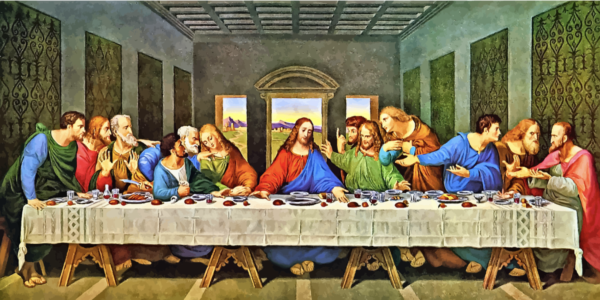Senioritis
SENIORITIS: a term used to describe Seniors’ lack of motivation in their last months of school. Before being a Senior myself, I thought it was a myth. I never imagined that Senioritis was actually a “disease” that could affect one’s whole academic life during their last few months of high school, least of all at Graded. As I discussed it with my friends in the hallway during the few days we were at school, together we decisively diagnosed Senioritis to be a terrible “disease”. We discussed how much harder it is to get up in the morning, how we no longer manage our workload as well as before, how our laziness has kicked in, and how there is a tremendous decline in our motivation overall.
The worst days are when you feel you just can’t get out of bed in the morning. Your alarm goes off, and the only thing you wish for is just a few more minutes in bed. Now, with online learning, “many people spend the whole day in their bed while Zooming at the same time,” as senior Sofia Segall explained. She continued by saying that “this just makes people more tired and less productive, but even so, we continue doing it.” During class, if Seniors are in bed or even in their rooms all day, they become less productive and less motivated to keep up with all of their responsibilities. Assignments soon start to pile up and before you realize it, it’s the end of the week, and you still haven’t submitted assignments that you were supposed to hand in on Monday; it’s a never-ending cycle of procrastination.
Yet there is an even bigger problem– one which was vastly agreed upon by many Seniors. Uncertainty. Students wait their whole lives to walk down the aisle in graduation, to have prom, or to experience Graded traditions like having the Senior Lawn or having “Senior Skip Day”. However, in our current situation with COVID-19, all of these things have become speculations and unlikelihoods. The uncertainty we are facing in relation to Senior year celebrations makes us less motivated. As 12th-grade Luísa Miglorancia said, “these events are what usually get Seniors through the year. Without them, we don’t know how much we have to look forward to.” Of course, Graded has done a spectacular job with supporting the Seniors through these hard times, but whether or not these traditions will occur is beyond anyone’s knowledge or control.
Another factor that really influences Senioritis is college applications. After December– when almost all Seniors have handed in most of their applications to universities and some having already been accepted– they become unmotivated. The mindset of Seniors starts to change as they think along with the logic of, “now that I’m accepted into college, I don’t need to worry about anything else” given that they have already achieved the ultimate goal as a Senior. Moreover, this year’s Senioritis was heightened by the cancellation of the IB exams as Seniors won’t even have to worry about sitting the exams and reaching their predicted grades in May. Mr. Havern, one of our college counselors, reinforced that “[…] there are two ways you can think about [it]. When you are running a race, do you slow down when you see the finish line, or do you slow down after you pass it?”
While we deal with our Senioritis in these last few months of our Graded careers and believe that the only way to “cure” this “disease” is by graduating, we may be wrong. Mr. Havern’s suggestion is “[…] to remember that your final grades still count towards your college acceptance. Don’t slow down before the race is over!!” If and when, we walk down the aisle this year and say our last good-bye to the memories we have lived, we will realize that the experiences were breathtaking and that we will take them on for the rest of our lives.













Fiona Cope • Apr 3, 2021 at 12:43 pm
Nice article Manu. I think you nailed it!